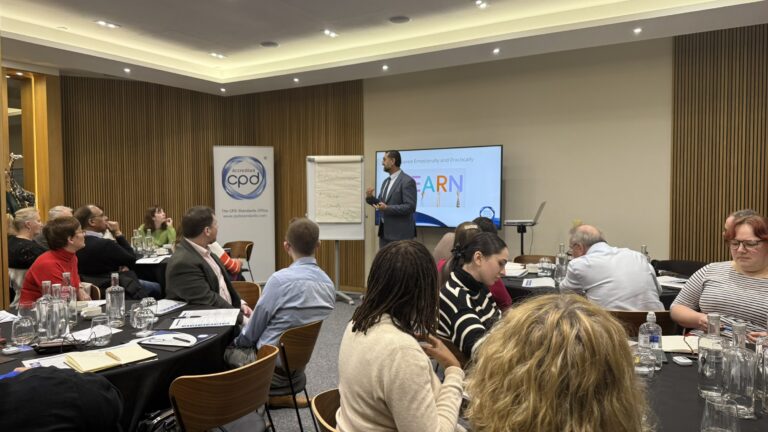Welcome to a thought-provoking, future-predicting Friday Fresh edition!
This week, we’ll tackle an innovative topic in the hopes that it will give you leverage and the opportunity to grab a bigger slice of the pie of corporate training: The Microschool Model in Educational Consultancy.
A New Dawn in Training and Consultancy
The current status quo says that training providers give you knowledge, and consultants give you solutions. Because of this idea, corporations often see training as part of their long-term development and rarely as a solution to a problem or a challenge they may face in the present. But this is slowly changing.
Some innovative companies and consultants have already seen the direction of the wind and have started offering a solution: microschooling.
Firstly, what is a Microschool?
A microschool is a small, independent educational environment focusing on personalised learning experiences. These schools typically operate with smaller classes, allowing for more tailored and flexible teaching approaches. They prioritise individual learner needs and interests, often incorporating project-based and experiential learning methodologies.
How does it apply in corporate training?
As we hinted above, many companies believe in the importance of education but rarely see it as a solution to a problem that the company may be experiencing in the present. Since microschools often rely on project-based and experiential learning, this can be the training/consultancy offering that corporations desperately needed but could not find.
How to use this as a training provider?
To take advantage of this trend as an educator, you must be open to some flexibility. Here are the two key steps.
Step 1: Review your training and adjust its presentation to demonstrate OUTCOMES, not methodologies. This step will ensure that companies will be able to find your training when facing a challenge that needs resolving.
Example: If you offer leadership training, you may describe your microschool as “Upskilling Managers to Lead 50+ people departments”. This approach will give your training a USP (unique selling point) and make it easy for companies to choose you.
Step 2: Design the training for customisation. As mentioned above, microschools are about project-based experiences, which means you will invite learners going through a transformation as they are being trained. Therefore, you’ll need to adapt your training to their unique situation and deliver it with the goal of completing their project successfully, not merely to achieve a certificate.
HINT: If you take this approach in your training delivery, you can easily upsell your customer with additional consultancy support after the finalisation of training. No education can ever teach one absolutely everything about a subject, but the trust that a learner develops with a trainer is easily converted into a client-consultant relationship.
The Consultancy Edge
Incorporating the microschool model into your consultancy approach transforms the standard training provider-client relationship into a dynamic partnership. Here’s how:
- Customised Problem-Solving: Training programs are designed around the company’s specific challenges, ensuring that every session is directly applicable to solving real-world problems.
- Beyond the Classroom: Your role evolves from a trainer to a long-term partner, guiding companies through the implementation and refinement of strategies developed during training.
- Demonstrating Value: This approach underscores the necessity of training, showing companies that investing in their teams’ development is not just beneficial but essential for growth and innovation.
Final Thoughts
In life, as in business, those who adapt to the changes in time see the biggest rewards. Your commitment to CPD training provision is your ticket to success. As continuing professional development is evolving for people in the workforce, it’s time we consider how to continue giving truly valuable education in a way that allows knowledge absorption and retention.







